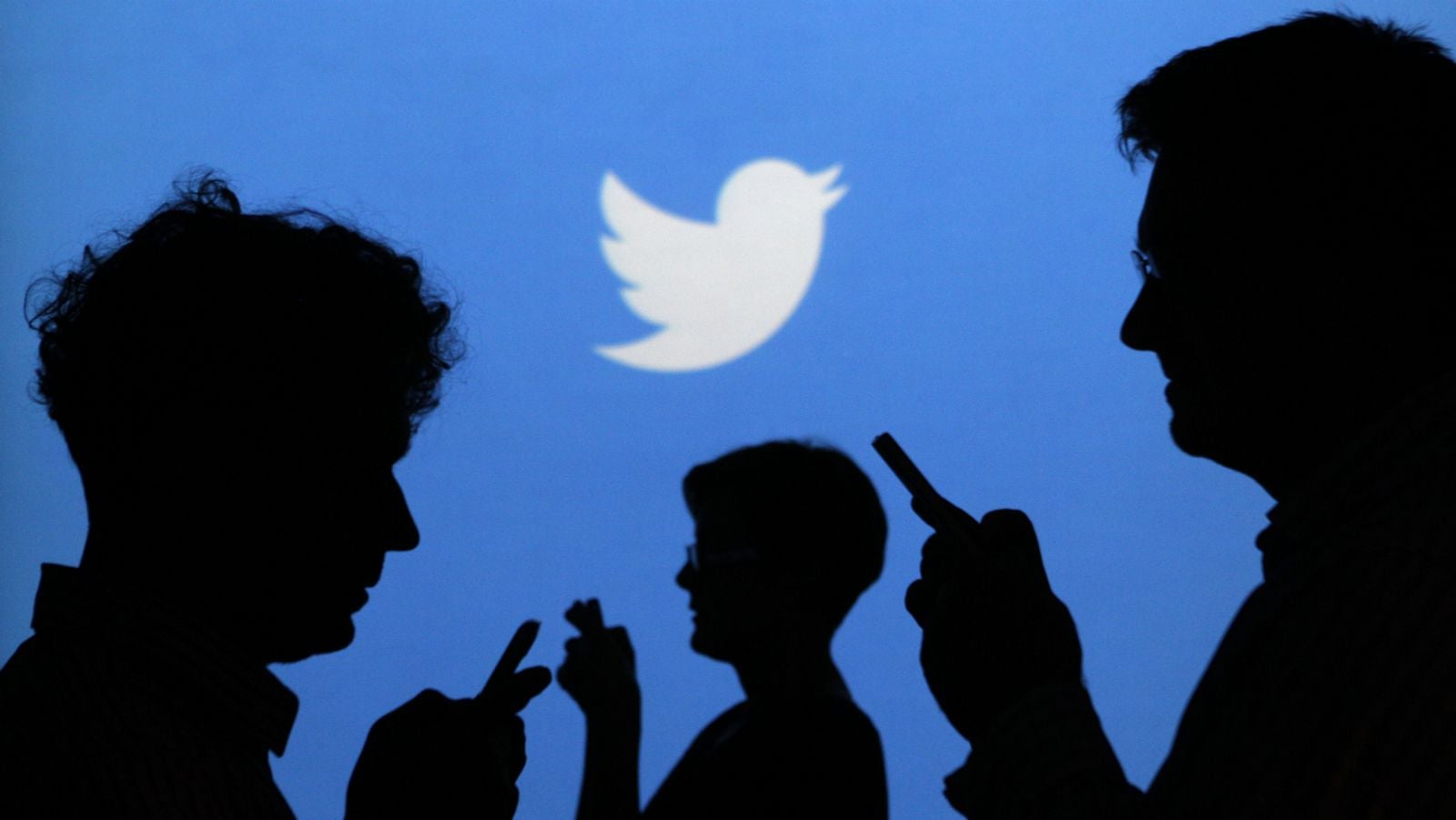How a tiny Bangalore startup became Twitter’s first acquisition in India
In 2008, Valerie Wagoner, then in her mid-twenties, left Silicon Valley and moved to India for good.


In 2008, Valerie Wagoner, then in her mid-twenties, left Silicon Valley and moved to India for good.
The California native wanted to return to the subcontinent, where she’d previously spent time researching microfinance, after a few years working for online retailer eBay in the United States. ”Emerging markets have some interesting problems,” Wagoner told Quartz. “I love solving those.” That impetus persuaded her to join mCheck, an Indian mobile payments company led by Sanjay Swamy, who she had met earlier.
Two years later, Wagoner, Swamy and Amiya Pathak founded ZipDial, a mobile marketing company. And just this week, ZipDial became the first Indian start-up to be acquired by Twitter, in a deal estimated to be worth between $30 million and $40 million.
“A Silicon Valley company acquiring an Indian startup—that’s big,” said Swamy, who is also an angel investor.
ZipDial specialises in helping people without smartphones access online content. In particular, the company made a name for itself by designing products based on missed calls, where users call a designated number and hang up before they are billed.
The concept of “missed calls” is popular across large parts of the country and has spawned many applications. Unilever, for instance, used it as a promotional tool in Bihar and Jharkhand, two of India’s poorest states.
Wagoner, who holds a masters degree in economic sociology from Stanford University, understood the power of missed calls when others did not. She approached about two dozen investors who refused to invest in the company. “Most people didn’t get the idea,” said Wagoner, who is now the chief executive of ZipDial. She even appeared on a reality television show for start-ups, but potential investors couldn’t grasp the concept.
Finally, in 2011, Mumbai Angels invested Rs3.5 crore ($569,200) in the company. Today, it is backed by Jungle Ventures, Blume Venture, Unilazer, 500 Startups and Times Internet in addition to Mumbai Angels. ”These people valued the idea. They made their decision to invest very fast,” Wagoner said.
Back then, ZipDial only had six employees including Wagoner and Pathak. That number grew to 50 in just four years. Following the acquisition, most of ZipDial’s employees now will be a part of Twitter’s first research and development team in India.
The Bangalore-based mobile marketing firm has around 40 employees in its product and engineering departments. A “vast majority” of them have been retained, Wagoner said, alluding to some retrenchments.
Big moment
It was cricket, India’s unofficial religion, that got ZipDial noticed.
The company started offering cricket scores during the Indian Premier League (IPL) in 2010, the country’s most-watched sporting event. That, by itself, helped ZipDial reach some four million users. ”We literally did it with zero marketing,” said Wagoner. “That moment, we realised that we have built something big.”
A year later, it capitalised on its IPL success and launched a missed call-based game called “Book Cricket” in partnership with United Breweries, which owns Kingfisher beer.
Today, ZipDial serves around 500 clients, including India’s largest telecom operator Airtel, online travel agent MakeMyTrip and the Disney channel. They reach around 60 million users, most of them in India, and will continue servicing them.
“Our existing customer relationship is valuable for Twitter and it is important for Twitter’s strategy,” Wagoner explained. The company is currently in the process of fully integrating itself with Twitter that would allow its clients to leverage the social networking site for building their brands.
For Twitter, ZipDial will help it reach billions of users with feature phones in India and other developing markets, where it can now push its content to consumers without data plans.
What’s next
Wagoner says getting acquired by Twitter or any other big Silicon Valley company was never a priority.
But since it happened, the deal will help drive ZipDial’s plans to reach other international markets. The Bangalore-based firm is already present in South Africa, Philippines, Bangladesh and Sri Lanka, in addition to India. And other emerging markets such Brazil and Indonesia, where a large number of people still don’t have access to the internet, will be next.
Still, India will remain the company’s main focus. That’s because one billion Indians still don’t have access to the internet—accounting for 25% of the world’s offline population—and about 68% of mobile users in the country still use feature phones.
And so, ZipDial will go back to doing what it does best: Building new products. ”It’s really just about bridging the offline and online gap,” Wagoner said.